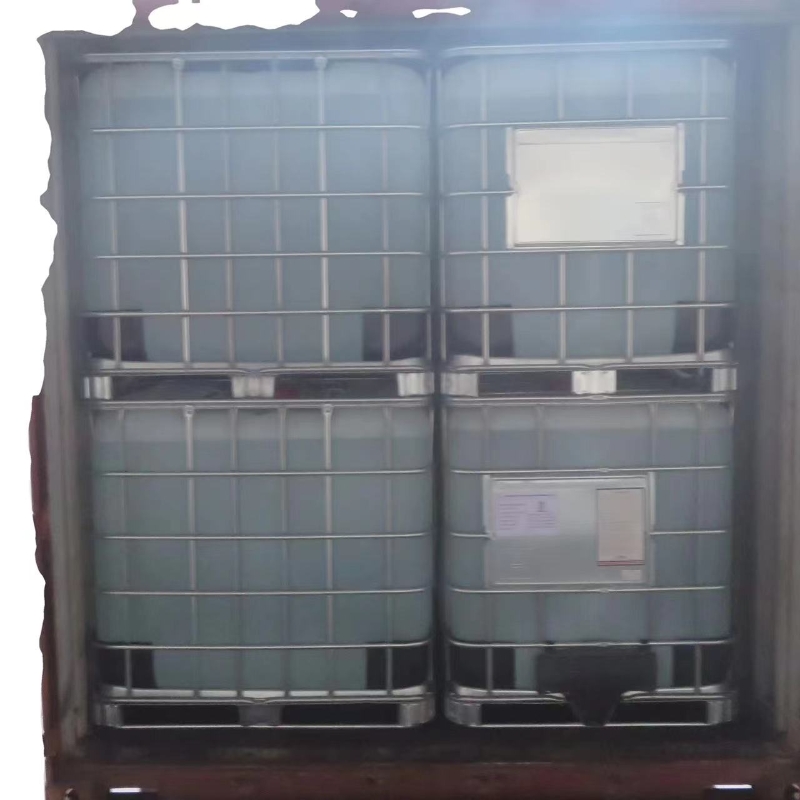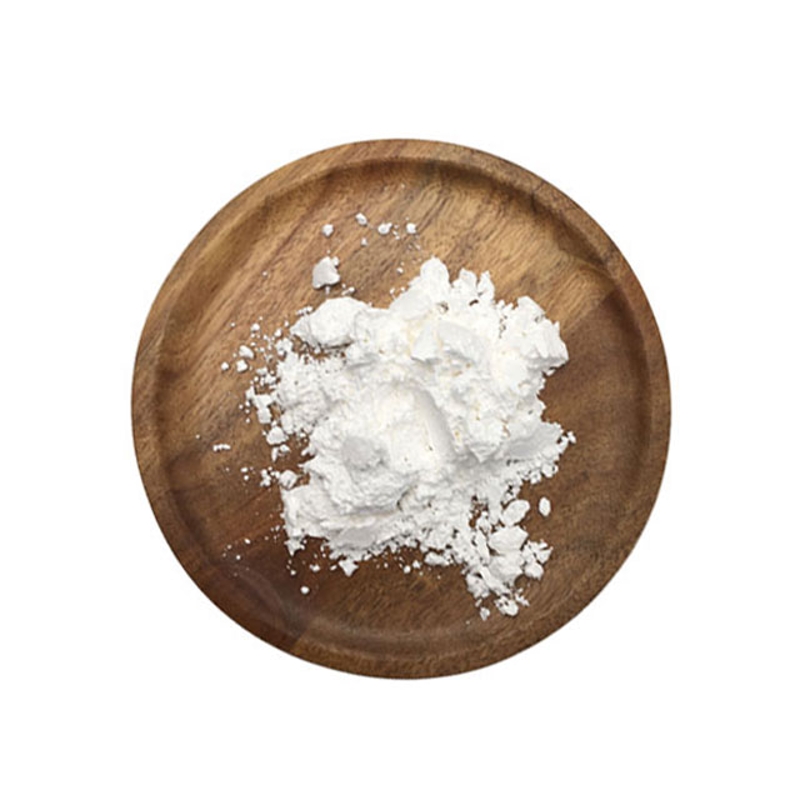-
Categories
-
Pharmaceutical Intermediates
-
Active Pharmaceutical Ingredients
-
Food Additives
- Industrial Coatings
- Agrochemicals
- Dyes and Pigments
- Surfactant
- Flavors and Fragrances
- Chemical Reagents
- Catalyst and Auxiliary
- Natural Products
- Inorganic Chemistry
-
Organic Chemistry
-
Biochemical Engineering
- Analytical Chemistry
- Cosmetic Ingredient
-
Pharmaceutical Intermediates
Promotion
ECHEMI Mall
Wholesale
Weekly Price
Exhibition
News
-
Trade Service
Since the outbreak of the new coronavirus (SARS-CoV-2), there have been many unknown questions about the body's immune response to the new coronavirus, such as why some people have milder symptoms after infection and some people may develop a deadly disease. A study published on August 4th, local time, suggested that a previous lysate may have provided an invisible "buff" for the immune system. a team at the
's LJI Institute for Immunology (LJI) found that the severity of the disease in patients with neo-coronaal pneumonia (COVID-19) may be related to whether they have previously been attacked by the common cold coronavirus (HCoV), because identifying "memory" T cells of the common cold coronavirus can also identify matching sites on SARS-CoV-2, allowing the immune system to respond faster and better to SARS-CoV-2. "The immune response may translate into varying degrees of protection," said Alessandro Sette, a professor at LJI, co-author of the
DOI: 10.1126 / science.abd3871 report.
have a strong T-cell response or a better T-cell response may give PATIENTs with COVID-19 the opportunity to react faster and stronger.
" a study published in Cell previously showed that people who were not infected with COVID-19 had a 40 to 60 percent chance of detecting new coronavirus-specific immune T cells in the body, a phenomenon reported in the Netherlands, Germany, the United Kingdom and Singapore.
coronaviruses, including HCoV-OC43, HCoV-HKU1, HCoV-NL63, and HCoV-NL63, and HCoV-229E, can cause mild upper respiratory diseases, causing symptoms similar to colds.
researchers speculated that the coronaviruses were "low-risk cousins" of SARS-CoV-2, and that T-cells found in healthy people may have been caused by their previous infection with HCoV, while the immune system retained the memory response to the coronavirus.
to test this hypothesis, the researchers used samples of peripheral peripheral blood mononucleosomes (PBMC) collected between March 2015 and March 2018 in healthy people who were not infected with SARS-CoV-2 and used 15-mer peptide spool to stimulate PBMC for 2 weeks.
overall, the researchers identified 142 SARS-CoV-2 epitomes, 66 of which came from the stingprotein (CD4-S) and the remaining 76 from the rest of the genome (CD4-R).
researchers analyzed whether these SARS-CoV-2 epitopes could cross-react with four cold-induced HCoVs, and found that unexposed individuals produced a series of memory T cells that were cross-reactive to SARS-CoV-2 and four common cold coronaviruses, suggesting that previous exposure to the coronavirus could actually help T cells understand the fragments of SARS-CoV-2.
the cross-reactivity of SARS-CoV-2 and homologous HCoV peptides, this study provides direct evidence that fighting a common cold coronavirus can indeed teach T-cells to identify parts of the new coronavirus, and that the common cold virus can induce T-cells to cross-react to the new coronavirus memory. "We know that reactivity has existed before, and this study provides very strong direct molecular evidence that memory T cells can 'see' very similar sequences between the common cold coronavirus and SARS-CoV-2," said
Sette.
, we also found that pre-existing immune memory also points to SARS-CoV-2 other proteins other than the stinging protein, suggesting that adding additional SARS-CoV-2 targets may increase the potential for the use of this cross-reactive effect and further enhance the effectiveness of the vaccine."







